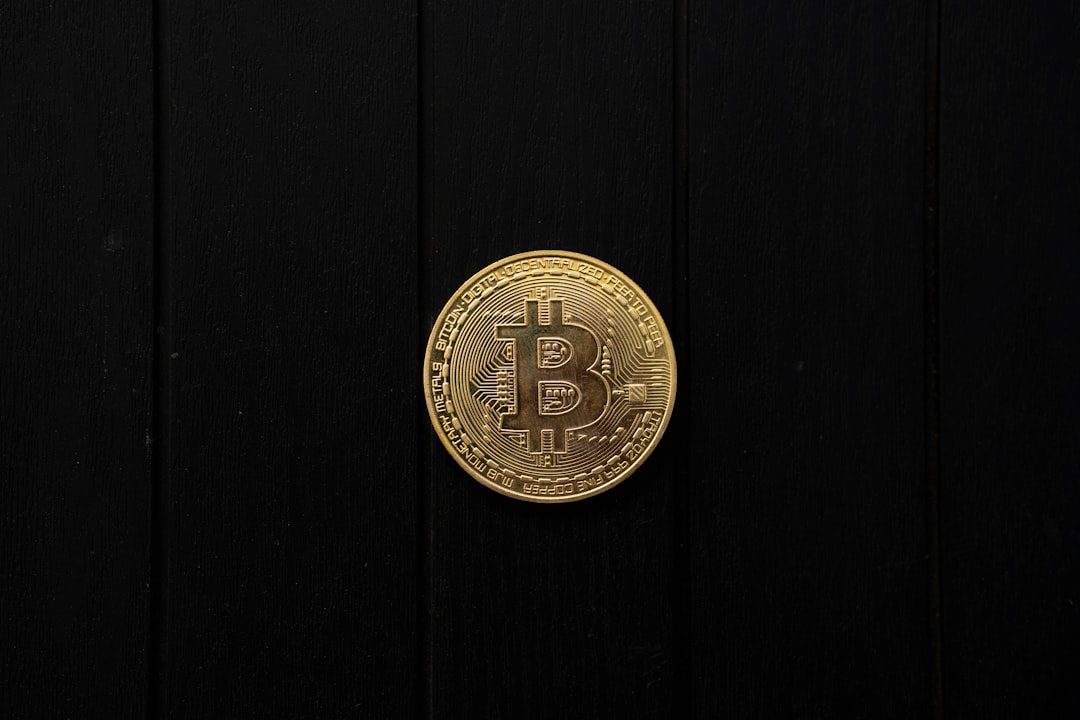The marketing landscape is evolving faster than ever, driven by rapid advancements in technology and changes in consumer behavior. As we look ahead to 2025, businesses need to stay agile and ahead of the curve. The key to competitive advantage next year will be embracing emerging trends that enhance personalization, automate processes, and prioritize ethical engagement. Below are the top five marketing trends that are expected to shape the industry in 2025.
Table of Contents
1. Hyper-Personalization Through AI and Predictive Analytics
Gone are the days of one-size-fits-all marketing campaigns. In 2025, hyper-personalization will become the standard. By leveraging advanced AI and predictive analytics, marketers can craft experiences tailored to individual user behavior, preferences, and even emotions.
AI tools can analyze real-time data from various touchpoints—like social media activity, search patterns, and purchase history—to guide automated, personalized communication. Consumers now expect relevant content delivered exactly when they need it, and brands that deliver on this expectation will see stronger engagement and loyalty.

2. Voice and Visual Search Optimization
With the growing adoption of smart devices and tools like Google Lens and Amazon Alexa, voice and visual search are becoming integral parts of how consumers find products and services. In 2025, optimizing for these new types of searches will be just as critical as traditional text-based SEO.
Brands will need to rethink their content strategies to include natural language keywords and visually rich content such as infographics and labeled product images. Also, technical improvements such as faster page loading and structured data implementation will be essential for ensuring visibility in voice and visual search results.
3. Emphasis on Ethical Marketing and Data Transparency
As privacy legislation like the GDPR and CCPA continues to evolve, consumers are becoming increasingly aware of how their data is collected and used. In 2025, ethical marketing practices will play a crucial role in brand trust and customer retention.
Transparency in data usage and opting for zero-party or first-party data methods—where users willingly share information—will become the norm. Brands that are open about their practices and allow consumers control over their data will cultivate deeper trust and long-term loyalty.

4. Expansion of the Metaverse and Augmented Reality Marketing
As immersive technologies mature, the metaverse and augmented reality (AR) spaces are becoming fertile ground for innovative marketing. In 2025, brands will increasingly use AR for interactive ads, virtual try-ons, and immersive brand storytelling within virtual worlds.
Companies like Nike and Gucci have already started creating virtual experiences and products. As consumers spend more time in these digital environments, brands that offer meaningful and interactive encounters will stand out. The focus will be on engagement rather than conversion, creating memorable brand moments that extend beyond the physical world.
5. Content Co-Creation and Community-First Campaigns
In the age of user empowerment, consumers no longer want to just consume content—they want to contribute. The rise of social media platforms like TikTok and community-driven ecosystems such as Reddit means that co-creating content with your audience is more powerful than ever. In 2025, marketers will increasingly shift towards community-first approaches that encourage collaboration over broadcasting.
- Invite customers to share stories or reviews
- Use polls and live Q&A sessions to generate content ideas
- Leverage influencers as creative partners rather than megaphones
This strategy not only creates more authentic content but also strengthens the emotional bond between a brand and its audience. Consumers become stakeholders in the marketing storyline, resulting in higher engagement and loyalty.
Looking Ahead
As we move into 2025, the world of marketing will continue shifting towards more humanized, technologically advanced, and ethically sound practices. From leveraging AI to diving into the metaverse, these trends are not simply “nice to have” but essential components of a resilient, future-ready marketing strategy.
Marketers who stay ahead by adopting these trends early will be in the best position to connect meaningfully with consumers and drive sustainable growth.
